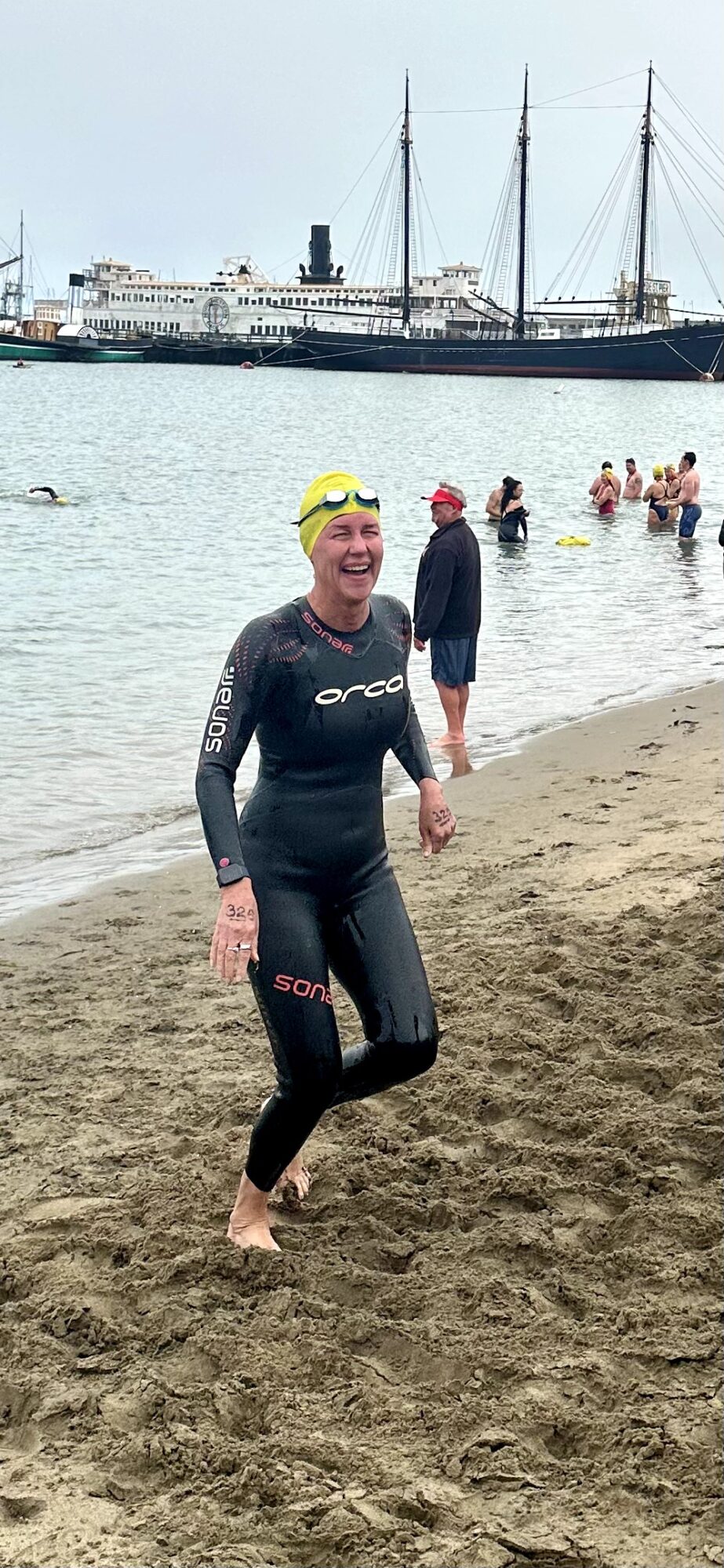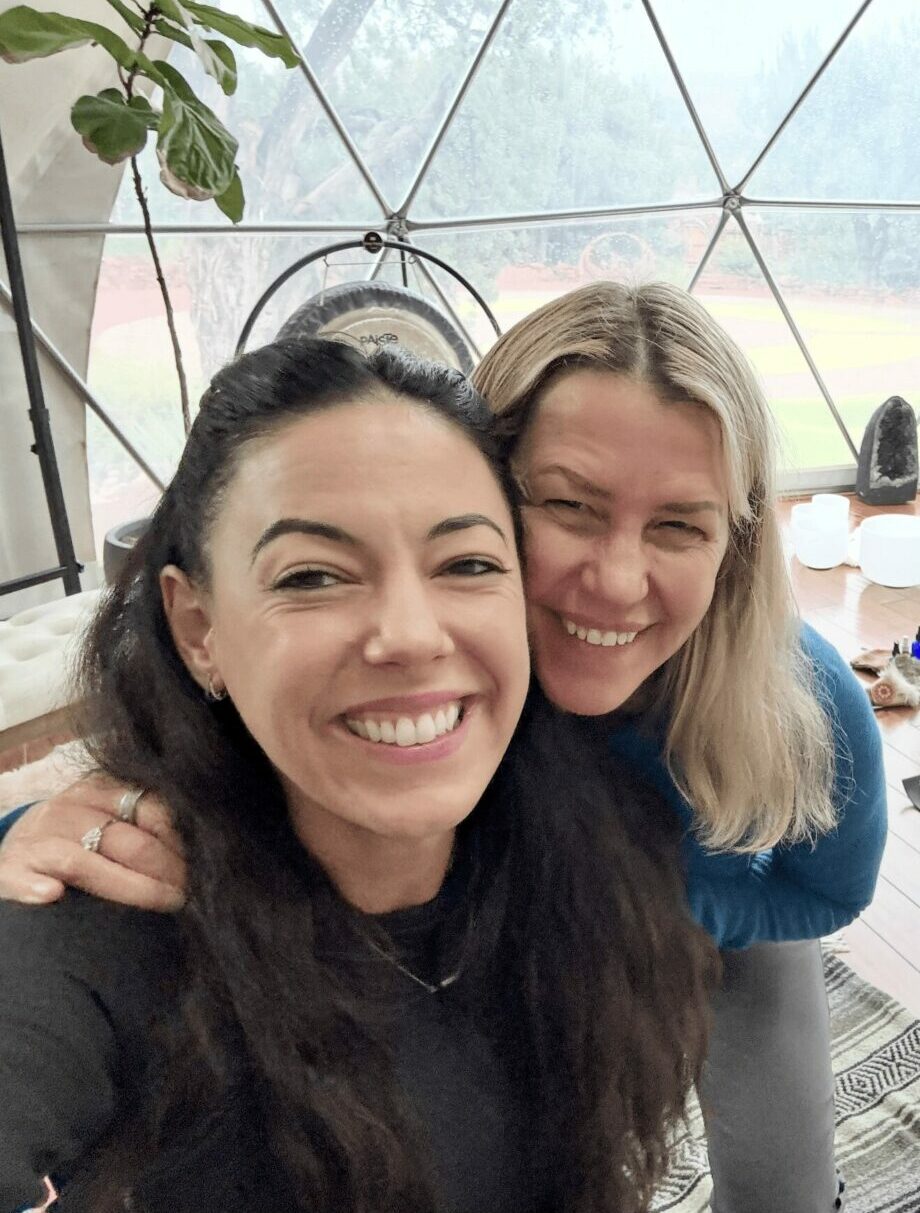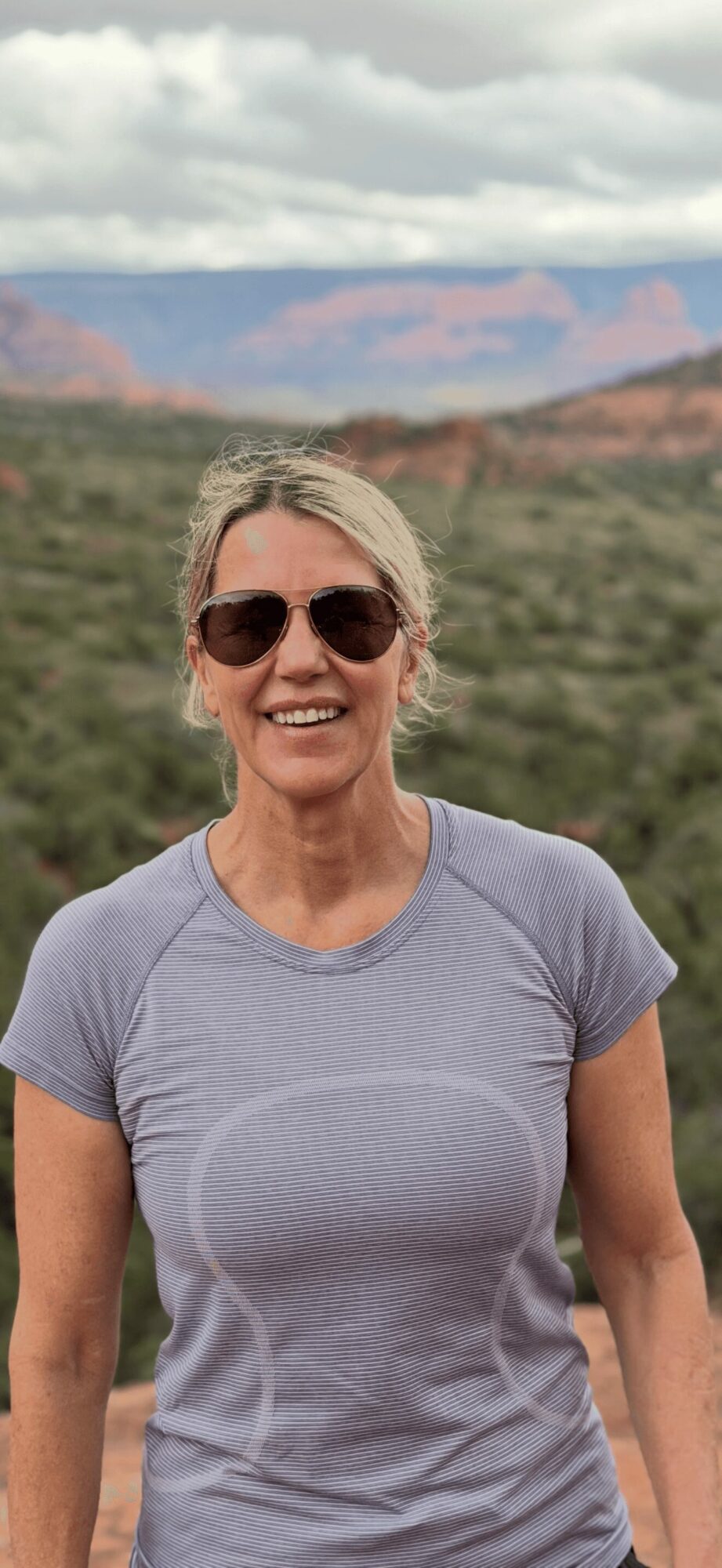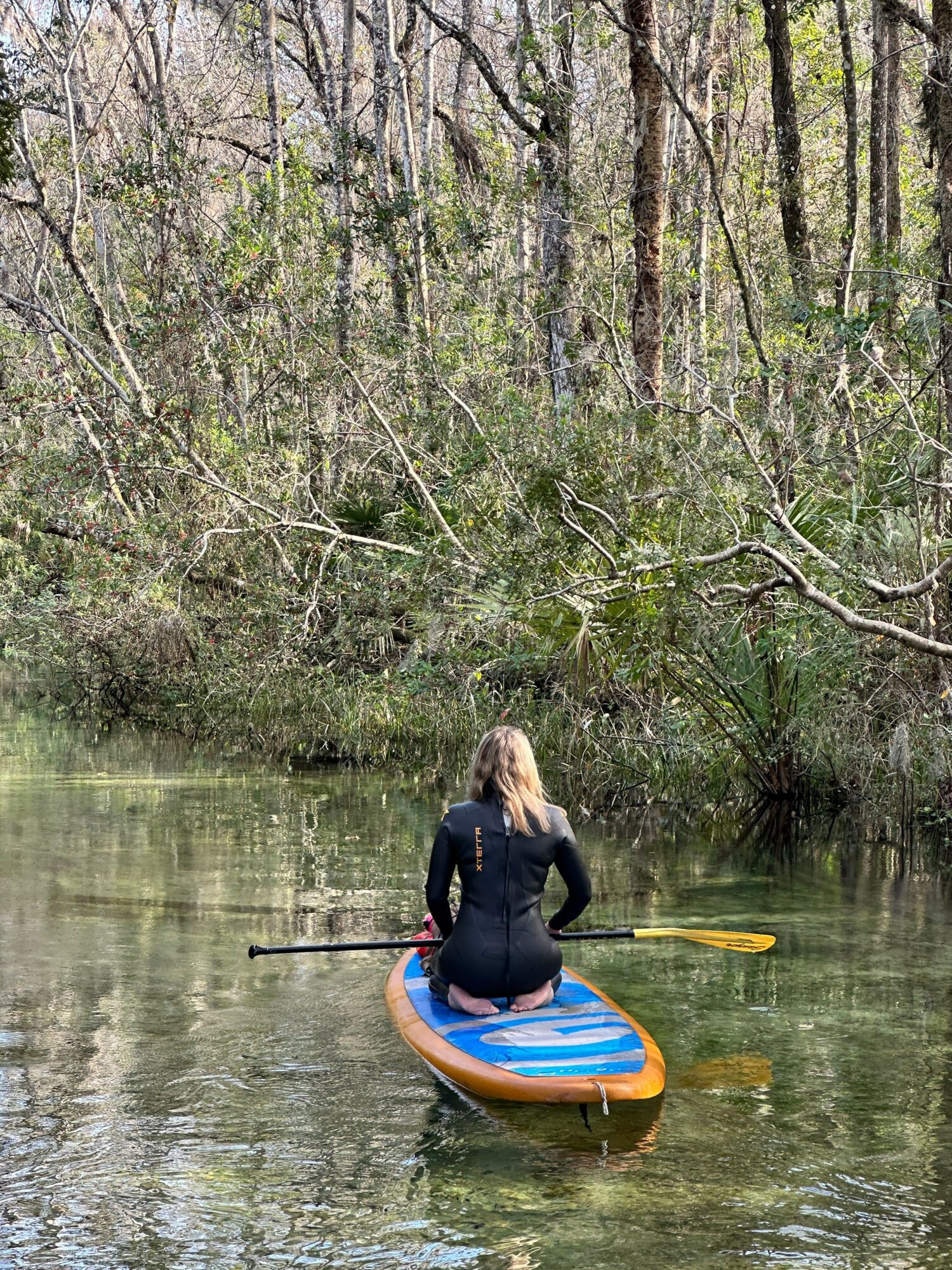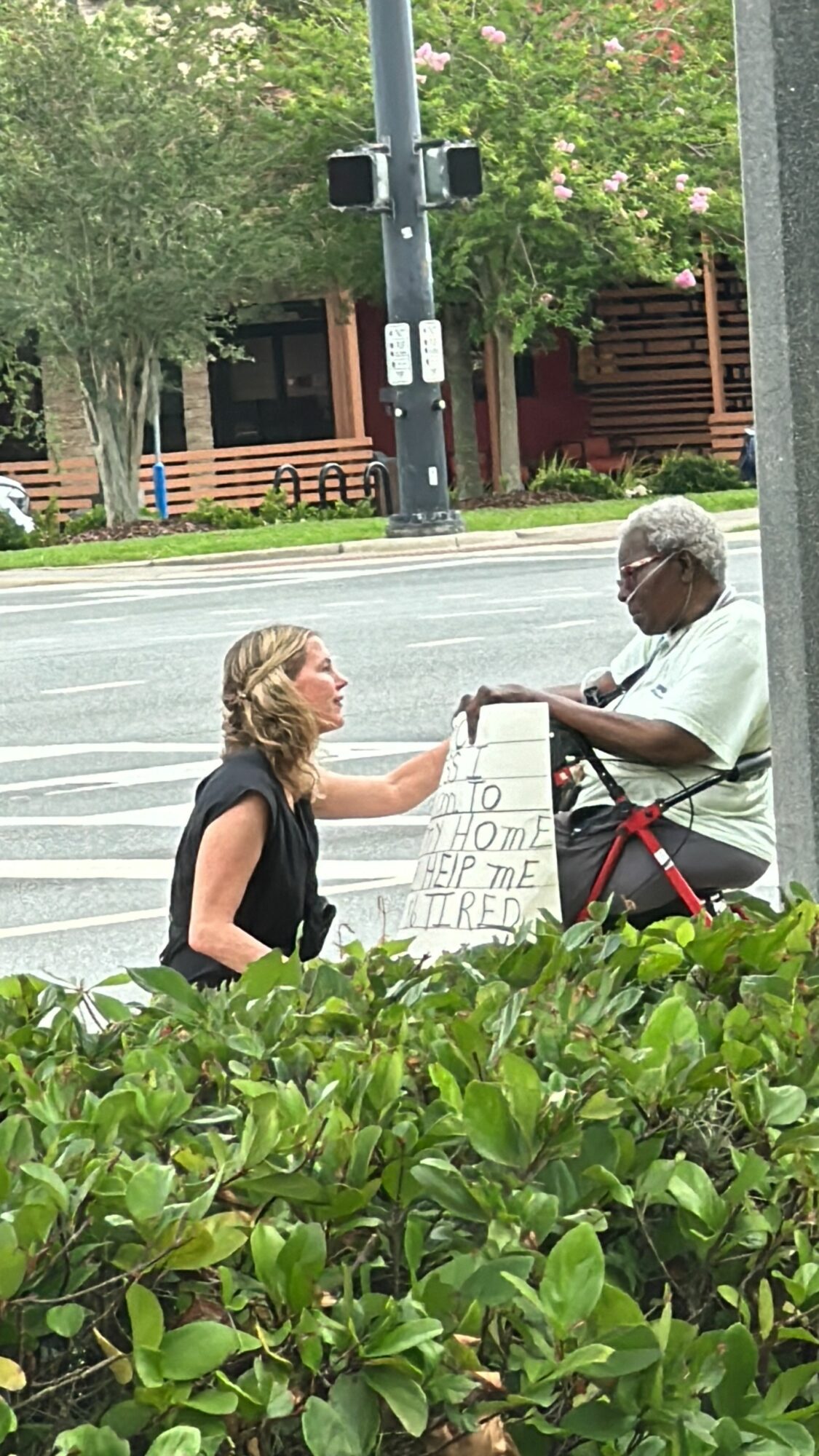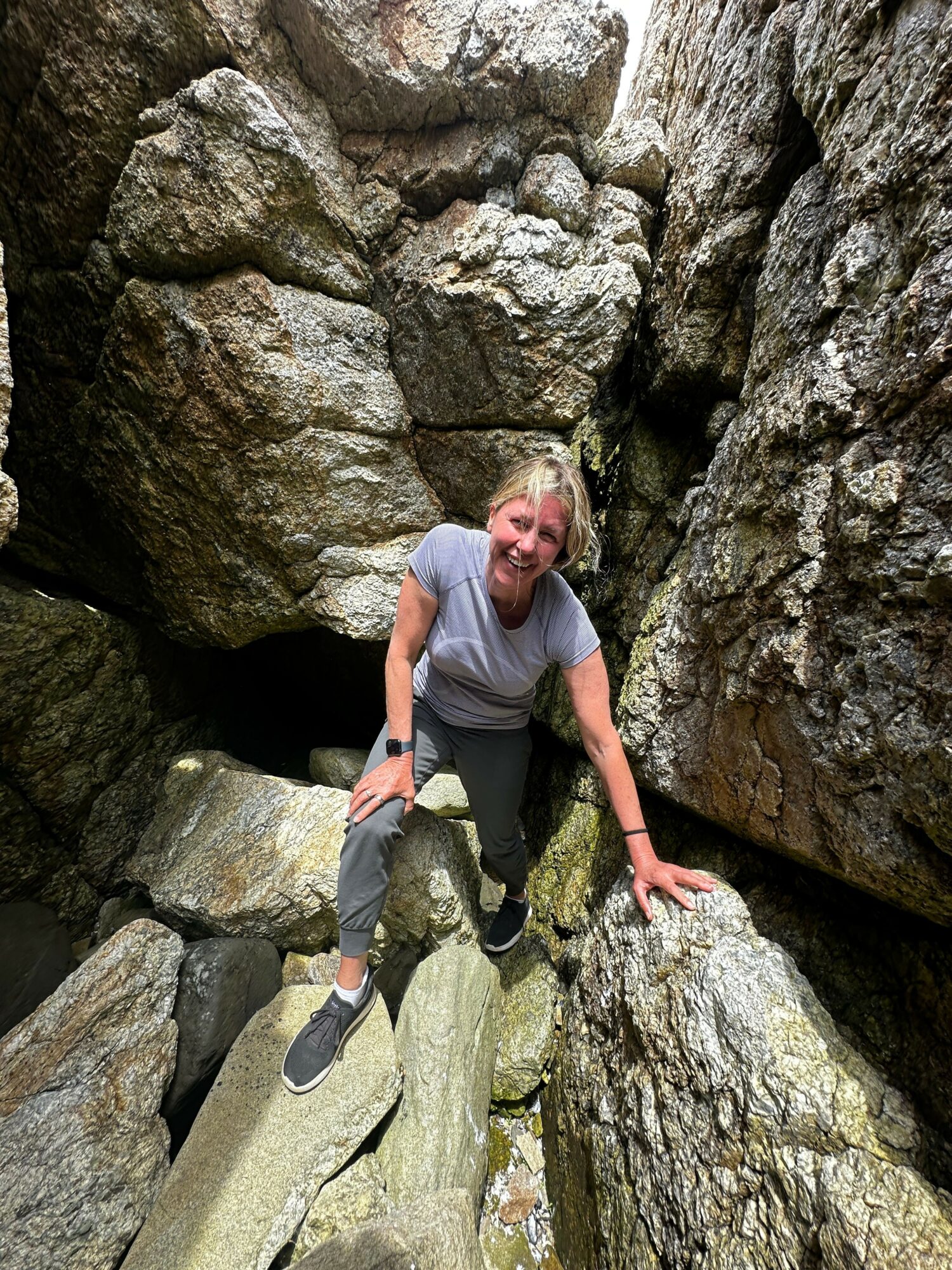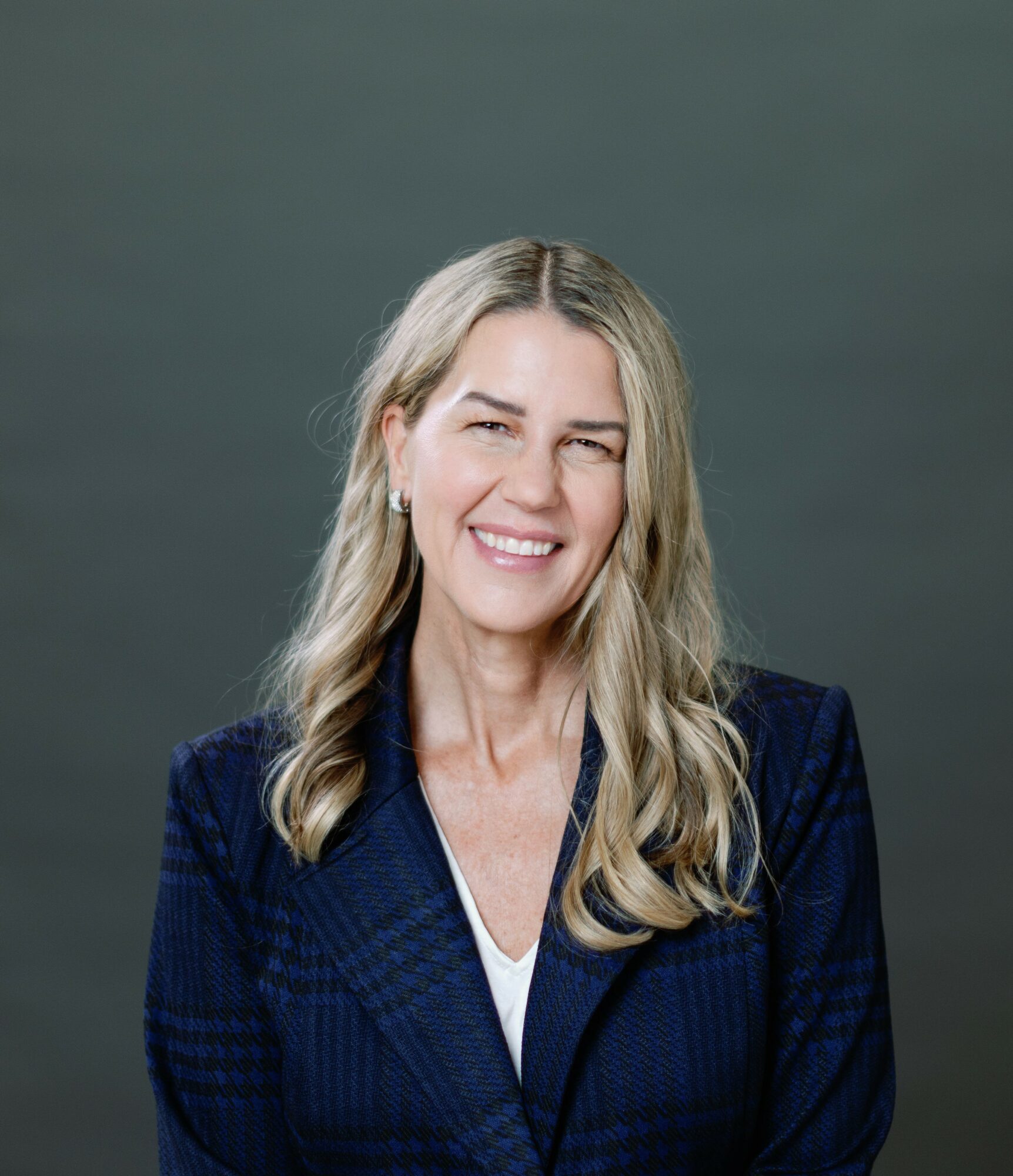

Today we’d like to introduce you to Shannon Miller.
Hi Shannon, thanks for joining us today. We’d love for you to start by introducing yourself.
When I was in law school, my grandfather suffered from dementia – which, looking back, was most likely Lewy body dementia. He endured tremendous suffering at the end of his life. During a time when my mother was unavailable, I became his healthcare decision-maker. He was restrained and in distress, and I was faced with painful, complex choices that no loved one should have to make.
That experience opened my eyes to something I’ve carried with me ever since: as a society, we don’t do enough to support people as they near the end of life. And I’m not talking about the final days – I mean the years before that, when chronic illness sets in, when families are stretched thin, and when loved ones are trying to navigate care decisions without training or resources.
A few years later, as a young associate in a law firm, I met Ms. Maddie, who became my first exploitation client. When her husband passed away, her pastor offered to “help” her manage her finances by becoming a joint account holder. He then emptied the $115,000 she and her husband had saved over a lifetime. She was 92 years old, living with dementia herself, and the civil litigation that followed lasted two long years. We eventually recovered half of her money, but she passed away soon after. That experience left a deep mark on me – and a determination to make sure no one else had to go through the same thing.
That case inspired the groundwork for what has since made Florida a national leader in protecting seniors from exploitation. Through the advocacy of the Elder Law Section of the Florida Bar, we’ve strengthened laws to prosecute criminal exploitation cases, recover stolen funds through the exploitation injunction statute, and stop scammers – including cryptocurrency fraudsters – in their tracks.
My career began in the courtroom as a criminal defense attorney, but I soon found my true calling in elder law. I began practicing in guardianship, estate planning, and probate, and over time, my focus evolved into financial exploitation litigation and recovery. Along the way, I became fascinated by what happens in the brain when older adults begin giving away their money.
I started collaborating with researchers across the U.S. and Canada to study the differences between a normal aging brain and a vulnerable brain – one that struggles to assess risk or distinguish truth from deception. We now know there’s a strong connection between intuition – that “Spidey sense” that something isn’t right – and a process called interoception. By developing both, we can actually strengthen the brain’s ability to resist scams and undue influence.
This work at the intersection of neuroscience, law, and advocacy has become my life’s mission – helping seniors not only protect their assets but also age and die better.
About three years ago, our firm transitioned to a Life Care Planning model. This holistic approach allows us to walk alongside clients and their families through every stage of aging – from estate planning and long-term care coordination to healthcare advocacy and crisis management. We help families navigate chronic illness, residential transitions, and often the loss of a long-time spouse. Our goal is to bring as much peace, joy, and dignity as possible into those final years.
When we talk about death with our clients, we ask them how they want it to go – and then we build a plan to make that vision possible. To me, that’s what it means to age and die well: to thrive until the end and to leave this world on your own terms, with limited suffering and maximum love.
I hope that through my work – and the work of our firm – we can continue to change the way our society approaches aging. We can do better, and we are doing better, right here in Florida.
Outside of my legal work, I’m a yoga teacher, a Wim Hof breathwork practitioner, and a lifelong student of holistic living. I love a good sauna, followed by a cold plunge, and I spend as much time as I can outdoors – usually with my pets, on or near the water, in this beautiful state I’m proud to call home.
Alright, so let’s dig a little deeper into the story – has it been an easy path overall and if not, what were the challenges you’ve had to overcome?
I think the biggest struggle for me was understanding my true purpose as an attorney. Early in my career, I was deeply frustrated by what I saw happening in the world of guardianship – the heartbreaking stories of exploitation, undue influence, and outright theft, for which there seemed to be no meaningful recourse.
We had cases where caregivers would suddenly become the legal owners of their employers’ property, while families watched helplessly as their parents’ life savings were handed over to complete strangers. It was devastating. Those moments became a turning point for me – I knew I couldn’t simply stand by. Changing those laws became my life’s mission. Over time, through tireless advocacy, we did just that. Florida now has some of the strongest legal protections in the country, with real consequences for those who exploit vulnerable adults.
As I worked with these cases, I began to notice something deeper – the vulnerability of certain seniors who seemed biologically attached to beliefs or delusions that weren’t grounded in reality. Yet, these individuals weren’t legally incapacitated. They were still driving, teaching, paying bills, and living independently. What we understand now is that many of them were at the very beginning of brain changes – the subtle shifts that eventually lead to incapacity and dementia.
This is where science has helped illuminate the “why” behind exploitation. We now know that early brain changes can alter risk perception and judgment, making scams and undue influence far more pervasive. Understanding this connection between neuroscience and vulnerability has been a breakthrough – both legally and personally – in shaping how we approach protection and prevention.
In my elder law practice, I also began seeing another pattern: a steep decline in the last two years of life, not only for seniors but also for their families and loved ones. Everyone was struggling to navigate a fragmented healthcare system and long-term care facilities that often failed to meet their needs.
As an elder law attorney, I found myself constantly putting out fires – drafting estate plans, filing guardianships, recovering assets after exploitation, submitting complaints against care facilities, or helping families apply for Medicaid and long-term care. It was reactive work. There was no continuity or coordinated support. Families didn’t know how to use their Medicare benefits or apply for Medicaid. Caregivers were overextended, expected to handle it all – on top of being a spouse, child, or full-time employee. We simply had no structured support network for those final years of life.
That’s what led us to the Life Care Planning model. It’s an approach that brings together the expertise of elder law attorneys with the hands-on guidance of elder care coordinators – professionals who are often social workers, nurses, or case managers. Together, we help families navigate this complex stage of life with compassion, resources, and a clear plan.
This model has transformed the way we practice. It’s no longer about reacting to crises; it’s about guiding families proactively, with purpose and continuity. Our goal is simple but profound: to bring more happiness and thriving into the lives of our clients and their families.
One of the first questions we ask is, “How can we bring more joy and comfort into your life? How can we reduce your discomfort and suffering?” Those questions shape everything we do — because aging well isn’t just about planning for the end. It’s about living fully until that moment comes.
Do you have any advice for those looking to network or find a mentor?
Mentorship has been one of the most meaningful parts of my professional journey – both receiving it and offering it. I currently mentor a number of people: some are attorneys, others are yoga teachers, and some are aspiring entrepreneurs who have crossed my path through colleagues, clients, or friends. Every so often, I’ll set aside time to talk with them, listen to where they are in their journey, and offer whatever guidance I can. It’s my way of paying forward the wisdom and support that others once gave me.
I’ve been fortunate to have incredible mentors throughout my career. My first attorney mentor is still part of my life today, as is the first judge I ever practiced in front of. We still get together from time to time to talk about life, the practice of law, and how I can continue to grow – not just as an attorney, but as a person serving my community and the world.
For anyone seeking mentorship, my advice is simple: stay curious and stay connected. Look for people who inspire you, whose values resonate with your own, and don’t be afraid to reach out. True mentorship isn’t about hierarchy – it’s about mutual growth, honesty, and the shared desire to make a positive impact.
Pricing:
- Because every client’s situation is unique, our pricing is personalized to fit each individual’s needs. We believe in starting with a conversation to truly understand your goals, challenges, and circumstances before quoting a fee. This approach ensures that every plan we create is thoughtful, transparent, and tailored to your specific stage of life and care journey. In short: one size does not fit all – and that’s exactly how it should be.
Contact Info:
- Website: https://millerelderlawfirm.com/
- Instagram: https://www.instagram.com/themillerelderlawfirm/
- Facebook: https://www.facebook.com/millerelderlaw/
- LinkedIn: https://www.linkedin.com/company/the-miller-elder-law-firm/posts/?feedView=all
- Youtube: https://www.youtube.com/@themillerelderlawfirm1508/featured
